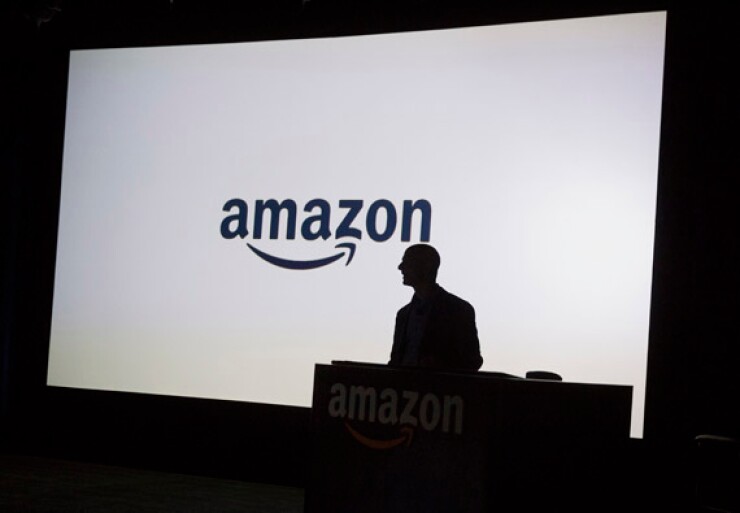Seattle’s largest businesses, including Amazon and Starbucks, must pay a corporate tax that will raise money to reduce homelessness, under a plan approved Monday.
After months of debate, the Seattle City Council unanimously approved a $275-per-employee tax on for-profit companies that make more than $20 million a year.
In a statement released after the vote, Seattle Mayor Jenny Durkan said she planned to sign the legislation which she said “will help us address our homelessness crisis without jeopardizing critical jobs.”
“This was a tough debate in our city,” she said. “There are a lot of strong passions and genuine policy differences between friends, neighbors, businesses, unions and councilmembers. But we have to find ways to come together to take action on our toughest problems.”
Big Seattle businesses, including Amazon and Starbucks, criticized the tax.

Amazon released a statement saying the company would resume work on an office tower it had temporarily halted amid debate over what was originally a $500-per-head tax propopsal, but that it was disappointed by the council vote.
“While we have resumed construction planning for Block 18, we remain very apprehensive about the hostile approach and rhetoric towards larger businesses, which forces us to question our growth here,” company vice president Drew Herdener said.
John Kelly, senior vice president, Global Public Affairs & Social Impact at Starbucks, blasted the proposal in a statement released by the company.
“This city continues to spend without reforming and fail without accountability, while ignoring the light of hundreds of children sleeping outside,” he said. “If they cannot provide a warm meal and safe bed to a five-year-old, no one believes they will be able to make housing affordable address or opiate addiction.”
The Seattle Chamber of Commerce criticized the tax, calling it an unfair burden on business owners who have already seen the city increase the minimum wage and pass mandated sick and family leave ordinances.
According to the city, the plan will exempt all small and mid-sized businesses, only applying to 3% of the companies operating in the city. It is expected to generate $47 million a year and will expire at the end of 2023. Hospitals are excluded from the tax as are healthcare providers who provide at least 25% of their services to Medicare and Medicaid patients.
The plan approved by the council represents a compromise from the original version which would have taxed companies $500 per employee and raised $75 million a year.
“Our goal is to have a successful and vibrant business community – one of the best in the country – and at the same time, assist our most vulnerable and strategically invest in affordable housing,” Council President Bruce Harrell said in a statement. “One does not exclude the other.”
Under the plan, the majority of the funds will go towards building more affordable housing in the city with the rest for emergency and shelter service for the homeless.
City officials say the housing crisis has outpaced their efforts to add to the city’s housing supply. In 2017, the city counted 8,522 homeless people.





